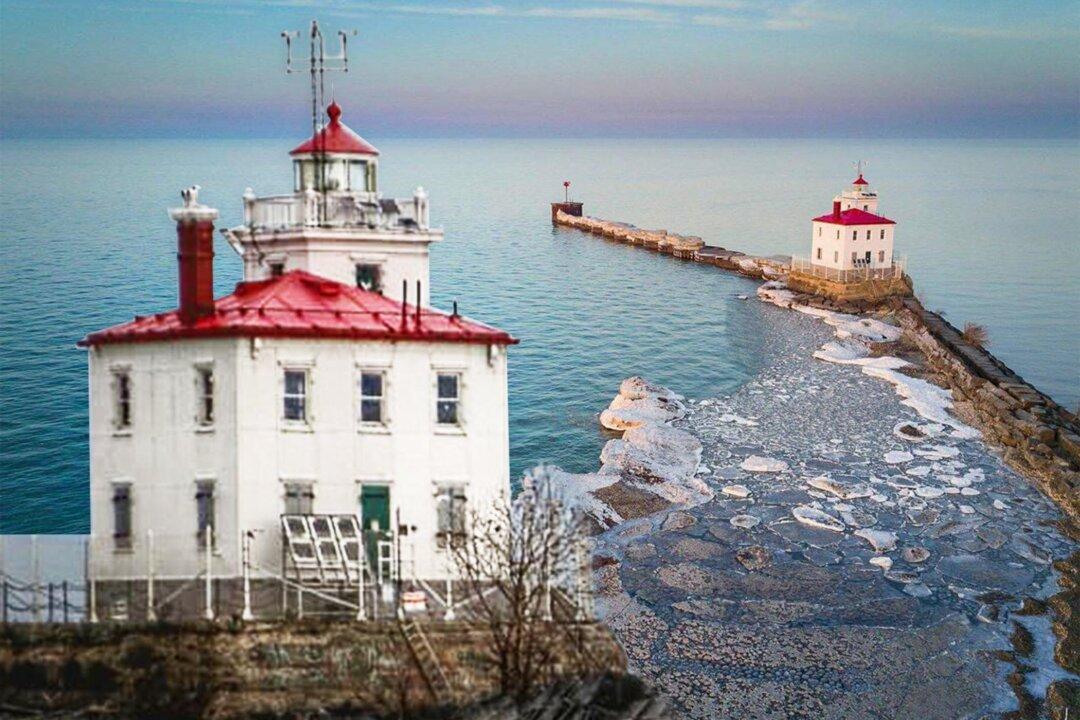Disclaimer: This article was published in 2023. Some information may no longer be current.
A woman searching for a summer home found her interest piqued by a U.S. government auction of lighthouses. After placing a winning bid and buying a lighthouse, she spent over a decade turning the neglected beacon into a beautiful, quirky home.





